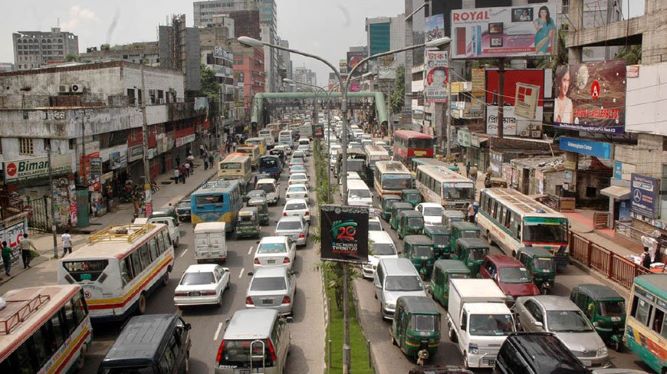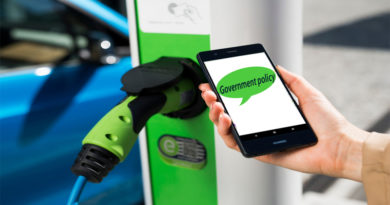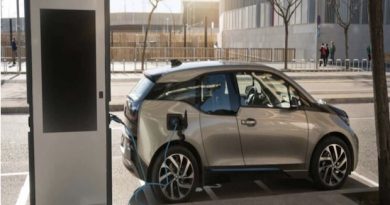Bangladesh Registers 100,000 Rural Electric Vehicles

The new government of Bangladesh has moved to legalize around 100,000 electric three-wheel vehicles currently operating on its rural roads. These electric vehicles were running in the country without a permit, said officials.
With this, the country follows India, where estimates peg over a million electric vehicles are already in operation to ferry people across small distances in its top 100 cities. The fact that these have operated without any formal charging infrastructure in place is something actuallt amazing, and shows just what is possible when renewable options make economic sense too.
The three-wheelers in Bangladesh are mainly imported from India and China, operate with only local authority approvals but the Bangladesh Road Transport Authority (BRTA) plans to bring them under its oversight along with the other 3.4 million vehicles it has on its books.
With such vehicles already often run with some solar power input – according to the head of the country’s solar association – it is believed registering them will raise demand for renewable energy.
KEY POINTS IN THE DRAFT
- The draft guidelines define electric vehicle as those running with power generated by a rechargeable battery, which can be recharged through the main power supply line or renewable energy such as solar power and bio-energy.
- Battery-run rickshaws and bicycles will not be part of the new move, according to the guidelines.
- The life span of the electric vehicles is also noted in the policy—10 years for motorcycles, nine for three-wheelers, and 20 years for light, medium and heavy vehicles.
- The registration process, fitness certification and route permit process will be same as engine-run motorised vehicles. Those electric vehicles operated on rent will need to have route permit from regional transport committees. The government will decide the fare.
- Like other vehicles, electric vehicles will also need to have chassis number and motor number inscribed on its body or frame. The vehicles can have out of order motors replaced, the guidelines say.
- The battery can be charged at approved charging stations or under personal management using any renewable energy like solar panel.
With the penetration of electric vehicles on the rise worldwide – helped by ever cheaper battery solutions and clean air legislation – Bangladesh has already taken its first steps into encouraging EV adoption.
The government has established eight solar charging stations across the country, each of which can generate 30 kW of electricity and charge 20 vehicles at a time, according to Sustainable & Renewable Energy Development Authority (SREDA) member Siddique Zobair.
It is estimated the nation’s electric vehicles – many of them unregistered rural three-wheelers – already consume 250-300 MW daily.
The country is making its entry into the EV marketplace. The guidelines will remain in force for five years. However, the tenure can be extended after analyzing the technical developments of electric vehicles, the draft reads.




